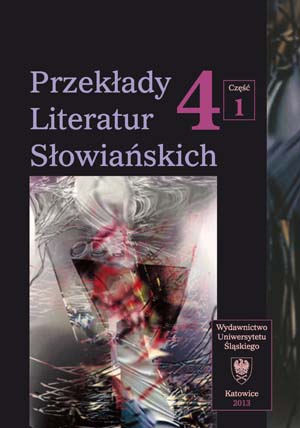O stereotypach w recepcji literatury chorwackiej w Polsce w latach 1944—1956
Stereotypes in the reception of Croatian literature in the period of 1944—1956
Author(s): Leszek MałczakSubject(s): Language and Literature Studies
Published by: Wydawnictwo Uniwersytetu Śląskiego
Keywords: reception; cultural policy; stereotype; Cominform Resolution
Summary/Abstract: There are two stereotypes in the reception of Croatian literature in the period of 1944—1956. Yugoslavia was a political ally for Comunist and Slavic countries in the begining. After 1948, after the Cominform Resolution of June 28th, it became one of their worst enemies. In the first period from 1944 to 1948 the Yugoslav authors present literature as coherent Yugoslav literature, with Polish reviewers insisting on the diffrences between the Yugoslav republics. Yugoslav literature in this period was about war, and writers are judged according to their political profiles and attitude during the World War II. The ones who symphatized with Partisans were progressive, the ones who lived in the occupied coutries were under the harmful infulence of Western culture, with its bourgeois values. After the Cominform Resolution, the literatures of the various Yugoslav republics are presented as homogeneous with no cultural differences. Every type of communication between Yugoslavia and Poland is broken down at that time. There is war rethoric in extremely negative Polish presentations of literary production in Yugoslavia in the second period.
Journal: Przekłady Literatur Słowiańskich
- Issue Year: 4/2013
- Issue No: 1
- Page Range: 253-268
- Page Count: 16
- Language: Polish

